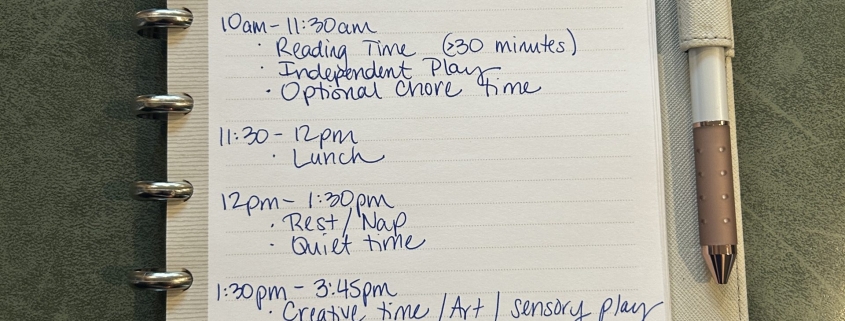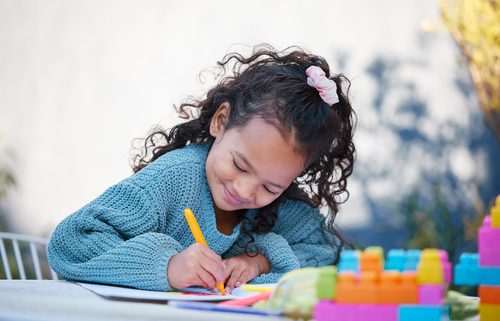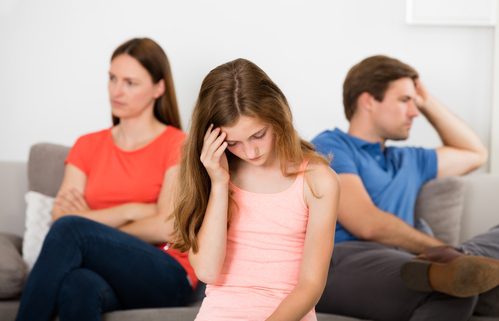Creating a Summer Schedule for Your Family
As the school-year ends, many families embrace a slower schedule, or lack thereof. Taking a break from the busy school schedule is well-deserved, but if you’re like my family, some structure and routine to the day can keep things interesting when day in and day out at home can seem boring after a while.
A summer schedule can also help set some boundaries around use of technology, which research shows is correlated to poor academic performance and higher mental and emotional health symptoms. And at least at my house, the more screen time there is, the more outbursts we have, which tells me their brains need less of it! If you want to include technology time in your summer schedule, you could designate a limited amount somewhere throughout the day.









